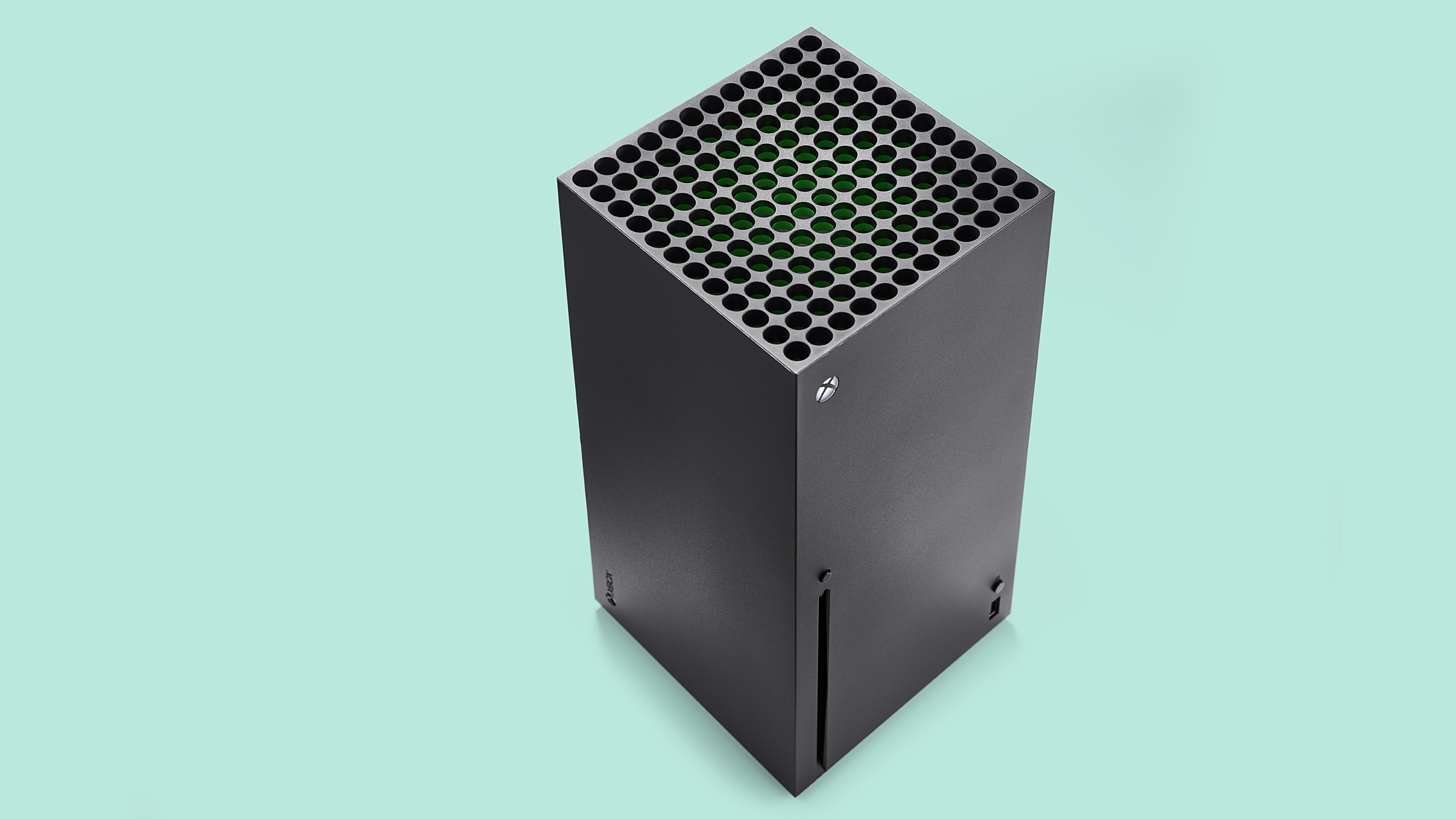
With 4K textures and more ambitious worlds than ever, Xbox Series X games are going to get big. Add to that the wonders of Xbox Game Pass — where you can download any number of titles from a rolling selection for a low monthly fee — and the 1TB of built-in storage on the Xbox Series X looks a little inadequate. The 512GB on the Xbox Series S even moreso.
To counter this, Microsoft has included an incredibly easy expansion port to increase available space. Just buy an officially supported card, and your disk space is magically increased, with no need to open anything up.
- PS5 vs Xbox Series X: Which is best?
- Xbox Series X restock tracker: where to buy Xbox Series X and S
Unfortunately, at launch only one option existed: Seagate’s 1TB offering. And thanks to the speed and form factor requirements, it wasn’t cheap, setting buyers back £220 — not far off the cost of a standalone Xbox Series S.
Now the company has announced two new options for those who want more space, and for those who want to spend less money. UK prices and availability are yet to be confirmed, but the 512GB expansion will set you back $140 (~£102) and launch in mid November stateside, while the 2TB card will come in at $400 (~£290) and arrive in December.
There’s no sugar coating it: this is an expensive way of dealing with the inconvenience of constantly juggling around games to make space, especially when those conversions don’t take sales tax into account.
But if it sounds like too much to spend, remember that it’s only games for Series X/S that need the super-fast official storage: backwards compatible titles from the OG Xbox, 360 and One all run quite happily off any bog standard USB connected storage, and testing suggests you don’t lose that much in terms of load times if you go with fast solid state drives.
The prices of the official expansion cards will come down over time, but until they do, that might be the best solution. Unless, of course, Seagate’s dollar-to-pound conversion turns out to be extremely generous.
Get all the latest news, reviews, deals and buying guides on gorgeous tech, home and active products from the T3 experts